Solar installers from Baker Electric place solar panels on the roof of a residential home in Scripps Ranch, San Diego, California, U.S. October 14, 2016. Picture taken October 14, 2016. REUTERS/Mike Blake
Register now for FREE unlimited access to Reuters.com
Register
July 26 (Reuters) – A small U.S. solar company with no manufacturing experience on Tuesday announced plans to open a solar panel factory in Panama to help the American industry reduce its reliance on Chinese-made goods.
Universal Solar America LLC, an Arizona company that helps solar project developers procure panels, said its planned facility will help U.S. companies avoid tariffs, shipping delays and other challenges that have scuttled a supply chain comprised primarily of products made in Asia.
About 90% of U.S. solar panels are made overseas, and that reliance on imports has wreaked havoc on the U.S. solar industry at a time when it is working to satisfy soaring demand from utilities and corporations worried about climate change.
Register now for FREE unlimited access to Reuters.com
Register
Though solar panels are assembled in several Asian countries, the industry’s raw material, polysilicon, is primarily produced in China and has been tied to concerns about forced labor in the Xinjiang region.
John Bereckis, Universal Solar’s chief executive, said he began investigating the possibility of opening a facility in Panama last year when the U.S. Commerce Department considered imposing tariffs on imports from Southeast Asian countries — throwing project developers’ plans into disarray.
“We started looking at… what can we do to try to get out of Asia?” Bereckis said. “The political climate between China, Asia and the U.S. is not going to get any better.”
Universal Solar expects to be producing panels at the facility in a free trade zone in Colon, Panama by the end of this year, Bereckis said. It will have an initial annual capacity of 600 megawatts, which it could double early next year.
The company has taken orders for more than 400 MW so far from undisclosed customers and is negotiating its first round of funding.
Shipments from the facility should be able to reach any U.S. port in about five days.
“What we want to offer is white glove service to a particular group of developers that maybe will pay a little bit more,” Bereckis said. “Panama is a great alternative.”
Register now for FREE unlimited access to Reuters.com
Register
Reporting by Nichola Groom; Editing by David Gregorio
Our Standards: The Thomson Reuters Trust Principles.

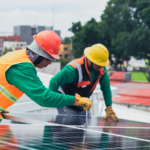
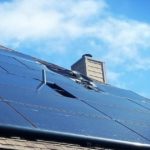
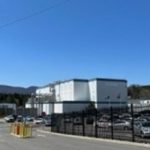
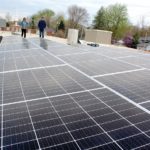
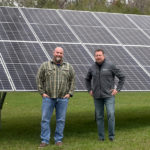
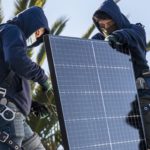
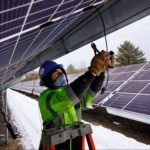
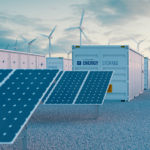
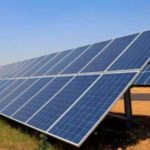
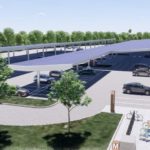
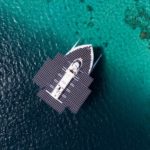
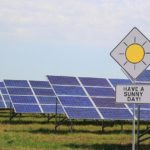
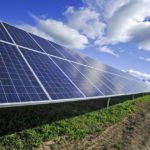

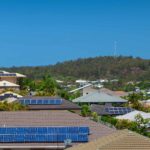
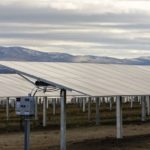
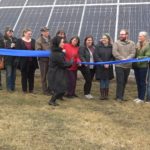



Recent Comments